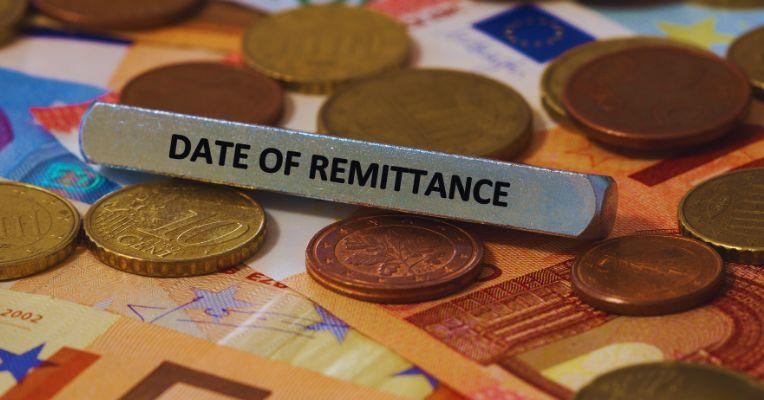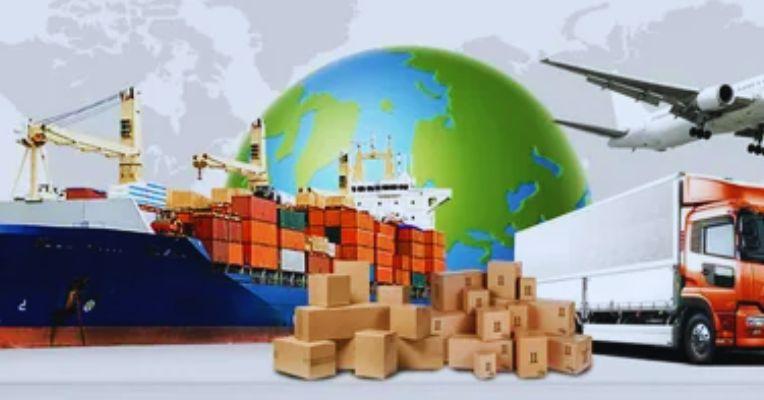The Karachi Chamber of Commerce and Industry (KCCI) and commercial importers are urgently calling on the Federal Board of Revenue (FBR) to resolve the backlog of goods stuck at ports. This backlog has created serious challenges for businesses in Pakistan, leading to delays and extra costs.
Why the Backlog is a Problem
Currently, thousands of containers with goods are stuck at ports because of delays in customs clearance. These delays are causing businesses to pay extra charges like demurrage and detention fees. Importers are worried that if this backlog continues, it will result in big financial losses. These delays can also disrupt the supply chain, affecting industries that rely on timely delivery of raw materials for production. If the goods don’t clear quickly, it could delay exports and hurt Pakistan’s economy.
The Role of Faceless Customs Clearance
A new system called Faceless Customs Clearance was introduced by FBR. It is designed to make the customs process smoother and faster. However, Salim Valimohammad, Chairman of the Pakistan Chemicals & Dyes Merchants Association (PCDMA), has pointed out that this system is not yet working effectively. He believes that while the system has potential, it can only work well if the staff are fully trained and prepared.
The backlog has worsened because the administrative capacity of the new system was not ready in time. This has led to delays in the clearance of goods, and the situation is causing significant problems for businesses.
Immediate Solutions to Clear the Backlog
To tackle the backlog, Salim Valimohammad and Muhammad Jawed Bilwani (President of KCCI) have made several suggestions:
- Monitor Progress Daily: It’s important for FBR to check the status of all shipments daily to clear the backlog faster.
- Work on Weekends: The customs and clearance services should be operational on Saturdays and Sundays to speed up the clearance process.
- Separate Queues for Different Importers: There should be different clearance queues for manufacturers, exporters, and commercial importers. This would help speed up the process, especially for industrial goods.
- Prepare Staff Well: FBR should ensure that the customs staff is properly trained to handle the new system.
Importance of Timely Clearance for Industries
For industries, the timely clearance of imported raw materials is critical. If these materials don’t clear the ports quickly, industries will face delays in production. This could harm Pakistan’s export performance and economic growth. Therefore, resolving the backlog is important not only for businesses but also for the country’s economy.
The Impact on Trade and Exports
The delays in customs clearance are not only hurting local businesses but also impacting trade activities and exports. If the backlog is not cleared quickly, it could disrupt the delivery of export orders, making it difficult for Pakistan to meet international trade commitments.
Recommendations for a Faster Process
- Operational Services on Weekends: To clear the backlog, services like banks and customs should work through weekends.
- Special Focus on Industrial Goods: Industrial goods should be prioritized for clearance.
- Improved Accountability: FBR should improve accountability to ensure the clearance process is transparent and efficient.
A Call for Action
The Karachi Chamber of Commerce and Industry (KCCI) and commercial importers are urging the Federal Board of Revenue (FBR) to take immediate action. They want the government to clear the backlog of goods at ports and prevent any further delays. By following the suggested measures, Pakistan can ensure that businesses can continue operating smoothly and help boost the country’s economic growth.
Recommendations for Clearing Backlog
| Recommendation | Action Required | Impact |
|---|---|---|
| Monitor Daily Progress | FBR should check the status of goods every day. | Faster resolution of the backlog. |
| Work on Weekends | Customs and bank services should work on weekends. | Speed up clearance process and reduce delays. |
| Separate Queues for Importers | Create separate queues for manufacturers and exporters. | Ensure faster clearance for industrial goods. |
| Training for Customs Staff | Provide full training for customs staff. | Improve efficiency and accuracy in clearing goods. |





